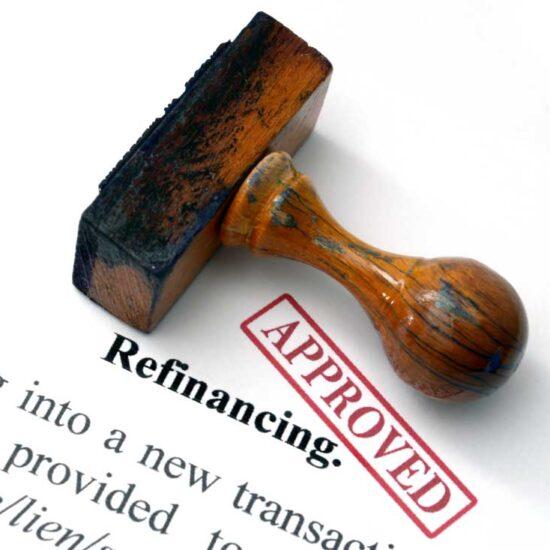
By Louisa Sanghera, Director, Zippy Financial
They say all good things come to an end, and that includes your ultra-low fixed-rate home loan period. So, what can you do to ensure a smooth transition?
With the past couple of years offering historically low interest rates, many Australians have been able to lock in an ultra-low fixed-rate home loan.
In July 2021, a whopping 46% of home loan taken out that month were fixed, which the ABS says was the peak period of fixing. That means the peak time for borrowers rolling off their fixed-rate period will be between July and December 2023, according to RBA research.
And that time is fast approaching…
A looming fixed rate cut off date can be daunting, particularly in the face of recent interest rate hikes. But you do have a few different options available, namely the three R’s – reverting, refixing, and refinancing.
Reverting
If your fixed period ends and you haven’t made other arrangements, typically your loan will revert to the standard variable interest rate.
And this is set to give many homeowners around the country a bit of a rude shock if they don’t start planning.
The RBA deputy governor Michelle Bullock has warned that half of fixed-rate mortgage may face an increase in repayments of at least 40% when they roll straight onto a variable rate around mid 2023.
So, before your fixed period ends, get in touch with us and we can help you explore your options. This takes us to refixing and refinancing.
Refixing
Depending on the terms and conditions of the mortgage, you may be able to refix your loan with the existing lender. It is worth nothing though, that due to the official cash rate going up dramatically over the past few months, it is unlikely that you will be put on a fixed rate like the current one. But there is always potential for negotiation.
The usual maximum time frame for fixing a loan is five years, but you can lock in shorter periods too. Look into the current financial climate before deciding whether to fix and the term length.
Other lenders may be willing to offer a better rate – fixed or variable – than the current lender… refinancing.
Refinancing
If the current lender does not want to provide a better option, refinancing your loan elsewhere could potentially mean a better deal.
Rising interest rates have brought up record levels of refinancing. According to ABS data, more owner-occupiers refinanced in June than ever before.
This means the home loan market is highly competitive right now and lenders are keen for borrowers who have a good amount of equity and are on top of repayments. If that sounds like you, then it is certainly worth exploring the options, which we would be more than happy to help you do.
How do you start preparing now?
If you are coming off a fixed-rate loan soon, there are other steps you can also take to smoothen the transition. Start planning now. That includes building up a buffer of savings to cover higher repayments each month and if things are looking tight, cutting back on any unnecessary expenses.
Get in touch with us well in advance of your fixed rate ending so that we have plenty of time to model different options for you, whether that is reverting, refixing, or refinancing.
Phone: 1300 855 022
Email: clientservices@zippyfinancial.com.au

Disclaimer: This article contains information that is general in nature. It does not consider the objectives, financial situation or needs of any particular person. You need to consider your financial situation and needs before making any decisions based on this information. This article is not to be used in place of professional advice, whether in business, health or financial.






